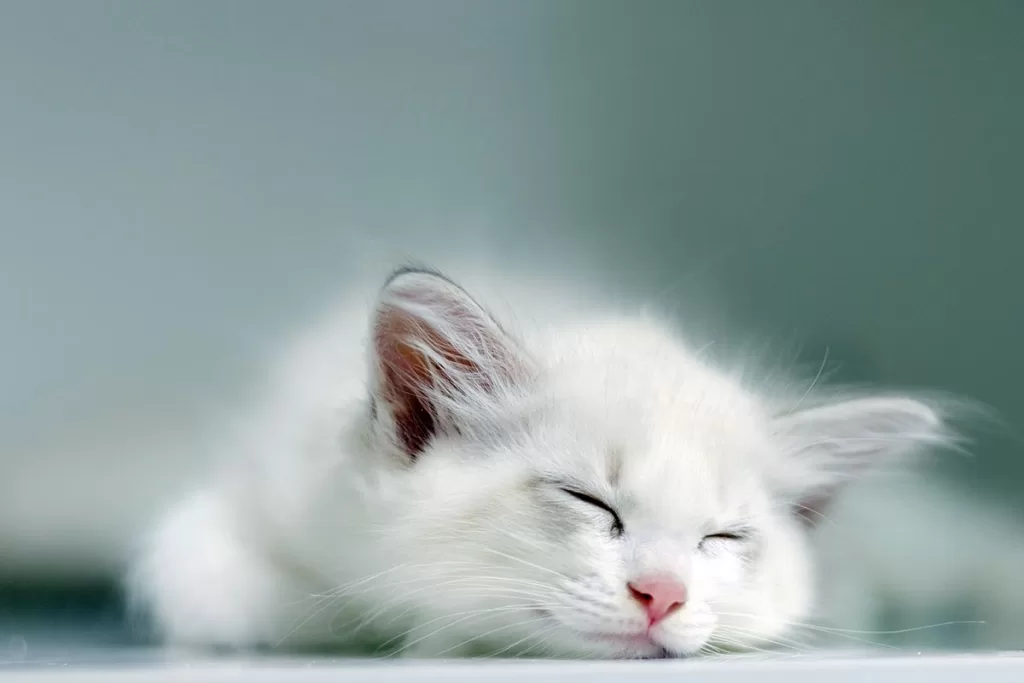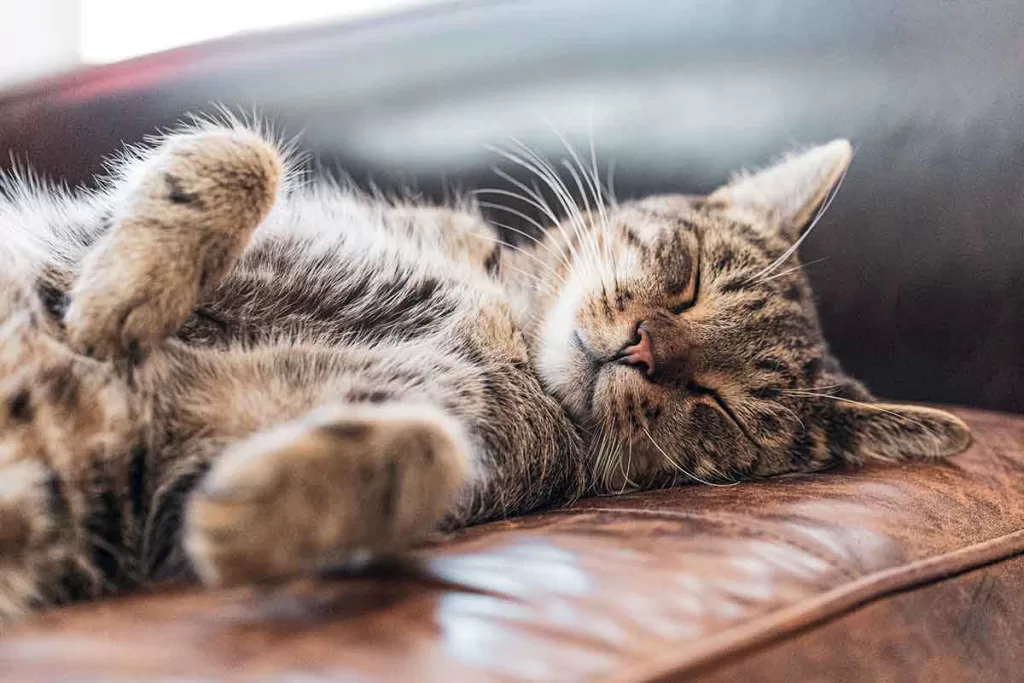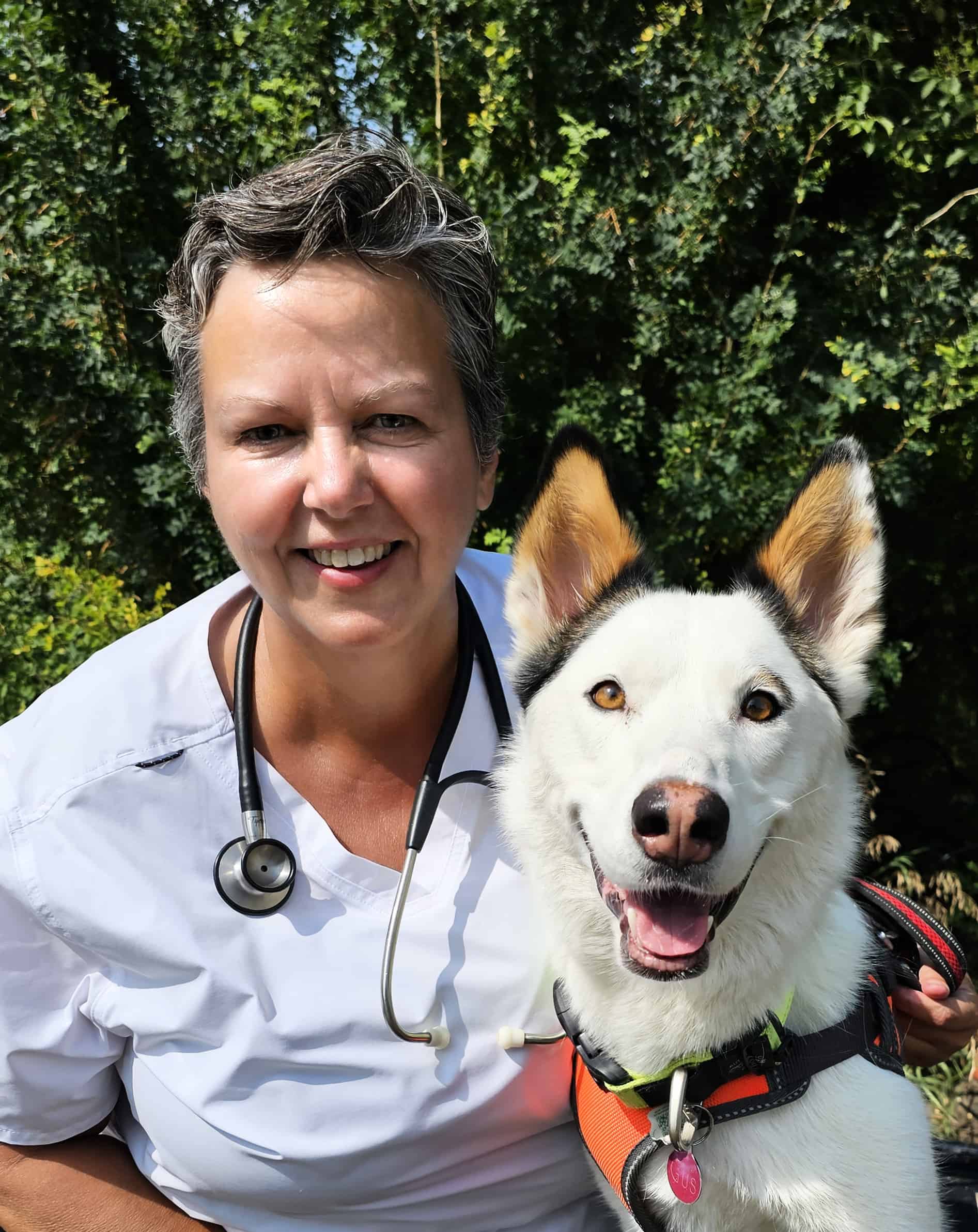Are you dreading taking your cat on a road trip or to the vet? Traveling is a stressful experience for most cats, and yours is likely no exception. If that is the case, you may be wondering if there is something that you can give your cat to make it calmer during travel.
Medications commonly prescribed by veterinarians to calm cats during travel include gabapentin (Neurontin®), acepromazine (PromAce®), trazodone (Desyrel®), and alprazolam (Xanax®). Dimenhydrinate (Dramamine®) is available over-the-counter but should only be used when advised by your veterinarian.
Don’t let the stress of travel get in the way of your and your cat’s journey. Read on to learn more about medications to help calm cats for traveling and when they should be used.
Why Cats Get Stressed From Traveling
Cats are creatures of habit and they need to feel safe in their environment. When something is new, unfamiliar, or out of their control, it can cause them stress and anxiety.
Most cats get stressed when their environment changes – and when you travel with your cat, everything changes for them! This includes changes to their routine, confinement in a carrier, new and strange sights and sounds, and the movement of the vehicle.
Some cat owners travel frequently and are able to take their cats with them without trouble. If you start traveling with them at a young age, they can become accustomed to the routine. To those who accomplish this, I say lucky you!
But if your cat is older and suddenly needs to travel or you haven’t traveled with them very often they may experience more stress than usual.
I cannot remember ever owning a cat that traveled calmly. Most would meow or howl the whole trip. Others would pee or poop themselves, sometimes before the trip had even begun. Others would spend most of the trip trying to claw and chew their way out of their carrier.
Cats that freak out while traveling also cause a lot of stress to their owner. I know from personal experience how unpleasant it is to be trapped in a car for hours with a Bengal kitten that shrieks and howls the entire time.
It is in the best interest of both the cat and its owner to find solutions for reducing stress during travel. I discuss some of the non-pharmaceutical strategies in another article on the subject which you can find here.
However, sometimes nothing works and your cat never calms down while traveling. In these situations, the use of calming medications may be warranted.
Even if you do not use a sedative for your cat when it is traveling by car, you still might want to consider it if traveling with your cat by air. A stressed, crying cat in an airline full of passengers is going to impact a lot more people than just yourself.
Always Consult Your Veterinarian Before Giving Your Cat Any Medicines
Never administer human medication to your cat and never give them any drugs that were not prescribed by a veterinarian.
A cat’s physiology is very different from a human’s, and some drugs that are safe for people are poisonous to cats. Also, your cat may have a health condition that makes it unable to safely take medications meant for cats.
Talk to your veterinarian about what medications are available to calm your cat during travel. There are several available, and most of these will be available by veterinary prescription only.
Some may be available over-the-counter (e.g. on the shelf in your drugstore) but it is still critical to talk to your vet about these since these products are not labeled for use in pets. Without correct guidance, you can easily give too much which can harm or even kill your cat.
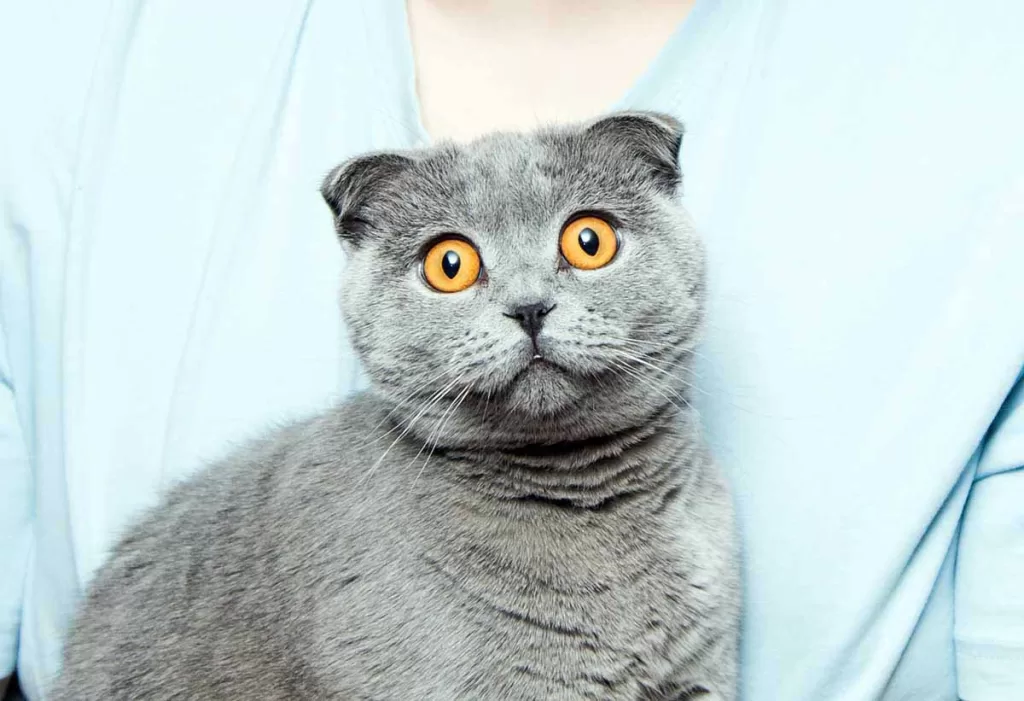
Medications To Help Your Cat Travel
Gabapentin
Gabapentin is my own go-to medication to reduce stress and anxiety in my cats. I use it when I need to groom or trim the nails of my Sphynx cat, which came to me as a very traumatized rescue and who still doesn’t like to be touched or held.
Both my Sphynx and my Bengal kitten do not travel well, so the gabapentin is put to use for travel purposes as well.
Gabapentin is a human drug that is used to help control seizures, relieve the pain of postherpetic neuralgia, and treat restless legs syndrome. It is available for veterinary use by prescription only.
It is prescribed off-label for veterinary use in dogs and cats for the treatment of chronic pain and epilepsy. Because a common side effect of gabapentin is sedation., it is also often prescribed for its sedative effects.
Sedatives are medications that are used to relax and calm down cats during travel. They work by stimulating the neurotransmitter gamma-aminobutyric acid (GABA), a chemical in the brain that decreases nerve cells’ ability to exchange chemical messages with other nerve cells.
An increase in GABA, therefore, reduces brain cell hyperactivity which causes stress and anxiety, producing a calming effect.
Your veterinarian may prescribe gabapentin for your cat to help them relax during travel. It can be very effective in reducing anxiety and stress.
Gabapentin is available as capsules, tablets, or liquid for human use, but your veterinarian will usually not prescribe the liquid formulation for your pet. This is because it contains xylitol, an artificial sweetener that is poisonous to dogs.
Although xylitol generally does no harm to most cats, it can be dangerous to some of them. Cats should not be given gabapentin with xylitol in it, just to be safe.
When used to sedate cats for travel, gabapentin is given about three hours before departure. The dosage ranges between 50 to 100 mg per cat – smaller cats get smaller doses, as do cats which health conditions such as kidney disease.
The contents of the gabapentin capsules can easily be mixed into soft food and fed to the cat, or mixed with a small amount of liquid which is given to the cat via a syringe. Your vet will advise you on the best way to give your cat their medicine.
The effects of gabapentin can last from 12-24 hours, depending on the cat. If necessary, a dose can be repeated after 12 hours.
Be aware that the effects of gabapentin differ from cat to cat. If your cat is one of those who are less affected by this drug, your veterinarian may prescribe a higher dose or try a different medication altogether.
Gabapentin should be used with caution in pets with underlying health problems such as liver disease, kidney disease, or glaucoma., as well as cats that are pregnant or nursing kittens.
Be aware that some animals have a paradoxical response to GABA-stimulating drugs, where they become excited or aggressive instead of sedated.
Acepromazine
Acepromazine (ACE) is a veterinary sedative/tranquilizer that is primarily given to dogs, cats, and horses before surgery to reduce the amount of anesthesia needed during surgery. It is also used at lowers doses for its general sedative effects.
It is available for veterinary use by prescription only.
Acepromazine is classified as a phenothiazine neuroleptic that works by depressing the central nervous system, resulting in sedation. It’s believed that acepromazine blocks the dopamine receptors in the brain, which are responsible for cell-to-cell communication.
Cats that have been lightly sedated with acepromazine can be startled out of their sleepy state. If something happens that scares them it will cause their adrenaline to flow, which counteracts the sedative effects of the drug.
However, once the cat has calmed down, the drug will once again take effect.
Acepromazine is given at a dosage of 0.5 to 1.5 mg per pound (1 to 3 mg/kg), with lower doses used for mild sedation. It should not be used in animals with certain health conditions, such as liver disease, heart disease, and epilepsy, among others.
It is also important to note that if the cat has a known sensitivity or allergy to acepromazine, it should not be used.
It is recommended to give this medicine about one hour before travel. The effects will last for several hours, and the cat should be carefully monitored during this time.
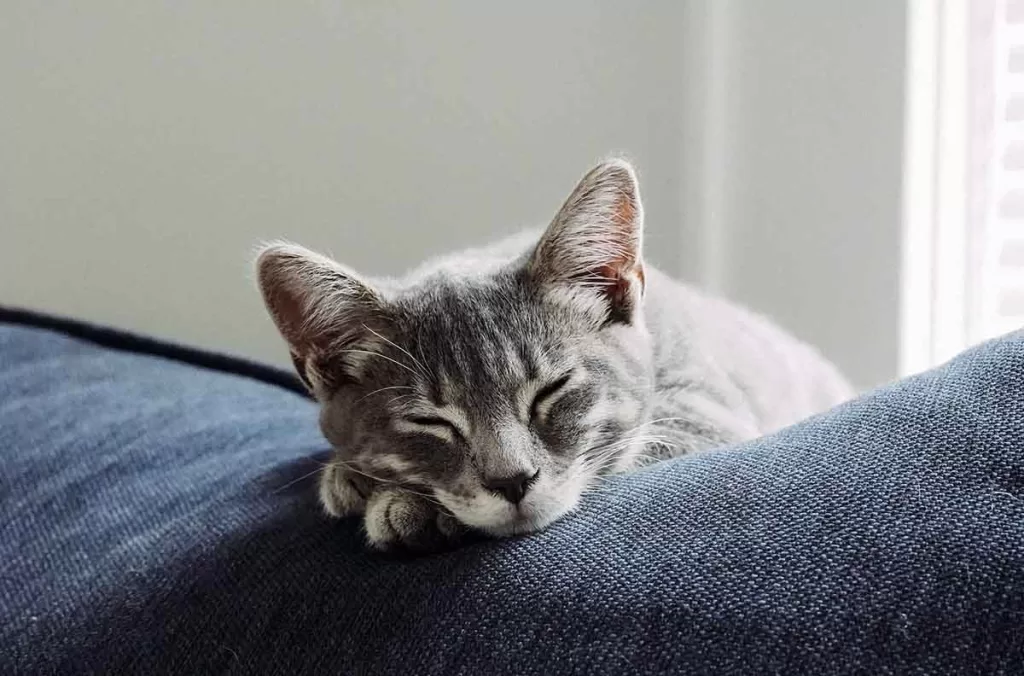
Trazodone
Trazodone is a medication commonly used to treat depression and anxiety in humans, but it can also be used off-label for its anti-anxiety effects in cats. It is available for veterinary use by prescription only.
It works by blocking the reuptake of serotonin, a neurotransmitter that affects mood and emotion. This increases serotonin levels in the brain, which helps to reduce anxiousness and induce calmness. In short, it is not the same as a sedative.
Trazodone tablets are administered orally (by mouth). It can be given on an empty stomach or with food. Cats who vomit when it is given on an empty stomach should be only given future doses with food.
This medication will take effect quickly, in about 1 to 2 hours, and wears off in under 12 hours. It can be used for short-term stress relief, as for traveling, but it is also used long-term to treat chronic anxiety in cats.
When used for the treatment of chronic anxiety, it can take up to two weeks for it to take full effect.
The usual dose of trazodone is approximately 3.5 mg/lb daily, although your vet may prescribe a higher or lower dose depending on your cat’s health and response to the medication.
Trazadone should not be used in cats will glaucoma, heart, liver, or kidney disease, and should not be used in pregnant females.
Alprazolam (Xanax ®)
Alprazolam, more commonly known as Xanax®, is a benzodiazepine sedative used to treat anxiety disorders in humans. Like gabapentin, alprazolam works by increasing the activity of gamma-aminobutyric acid (GABA) in the brain, which reduces anxiety.
It is available for veterinary use by prescription only. It is prescribed off-label for cats with severe anxiety, such as those who have difficulty traveling or are facing stressful situations, like going to the vet.
The dose for cats is approximately 0.01 to 0.05 mg/lb every 12 to 24 hours as needed. The effects will last up to 24 hrs, though it should be mostly worn off in 12 hours.
Alprazolam is available as tablets which are given orally, with or without food, 1-2 hours before travel. If your cat throws up when given the medication on an empty stomach, next time give it with food or a snack.
Alprazolam should be used with caution in pets with underlying health problems such as liver disease, kidney disease, or glaucoma., as well as cats that are pregnant or nursing kittens.
Be aware that some animals have a paradoxical response to GABA-stimulating drugs, where they become excited or aggressive instead of sedated.
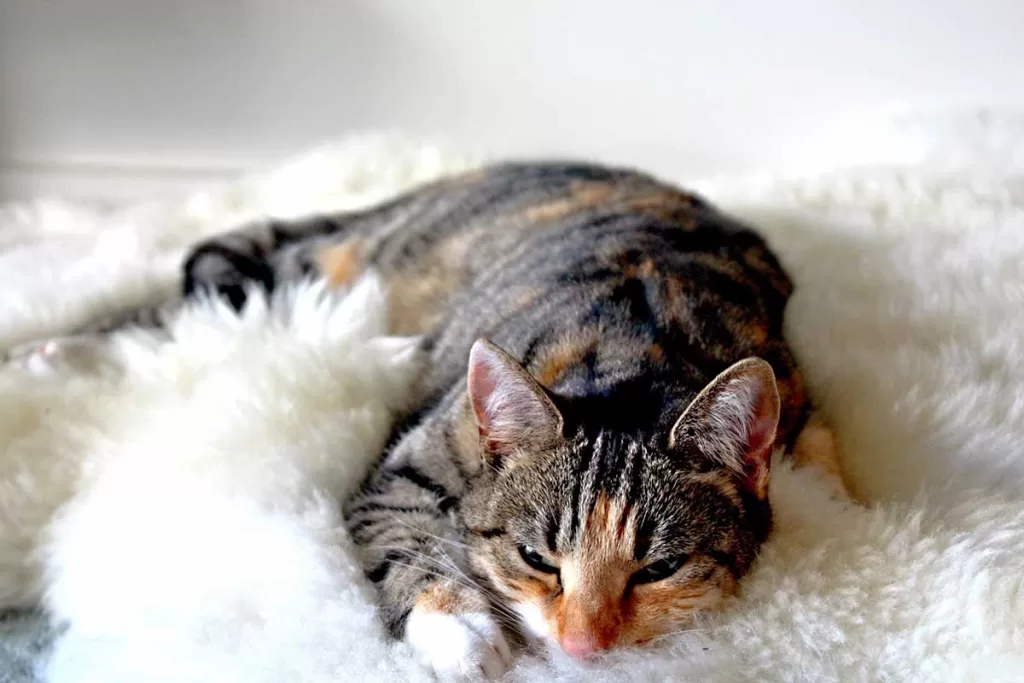
Dimenhydrinate (Gravol®, Dramamine®)
Dimenhydrinate, also known as Gravol® or Dramamine® is an antihistamine commonly used to treat motion sickness in people. It has mild sedative and anti-nausea effects. It is used off-label in cats for both its anti-nausea and sedative effects.
Even though you can buy this drug over-the-counter in many drugstores, always check with your veterinarian first to make sure it is safe to give to your cat.
The usual dose for cats is 0.5-2 mg/lb every 8 hours as needed, given about one hour before travel.
Dimenhydrinate should be used cautiously in pets with underlying health conditions, including glaucoma, epilepsy, or conditions affecting the thyroid, heart, respiratory, gastrointestinal, or urinary systems.
In other words, if your cat has any pre-existing health condition, do not give this medication to your cat unless directed by a veterinarian.
A Calming Feline Pheromone Spray Can Help
In all situations, I highly recommend the use of Feliway®, a synthetic version of the feline facial hormone. This hormone has a calming effect and can help reduce stress and anxiety in cats.
These sprays can be sprayed directly on your cat’s bed, carrier, or other objects that they come in contact with when traveling. It can also be misted into the air (there is a plug-in diffuser for home use). However, do not spray directly on your cat.
Feliway® used alone may be sufficient for cats with mild travel anxiety. It is also safe to use for cats who have been medicated.
Conclusion
When it comes to calming cats for travel, there are a few options available. Your veterinarian may suggest using medications such as trazodone or alprazolam for severe anxiety.
For milder cases of anxiety, Feliway® pheromone sprays may be enough to help your cat relax and feel comfortable while traveling.
Before starting any medication or treating your cat for travel anxiety, be sure to talk to your veterinarian about the best options for your pet. And always use caution when administering medications and follow instructions carefully.
Good luck and safe travels!
